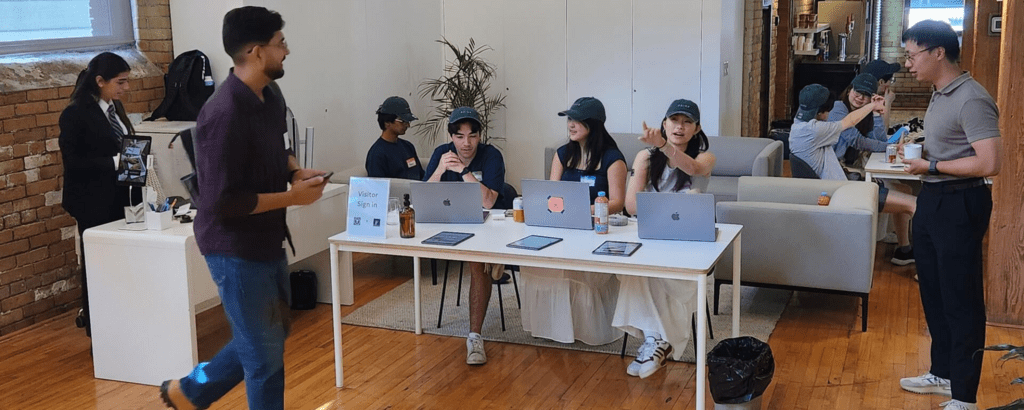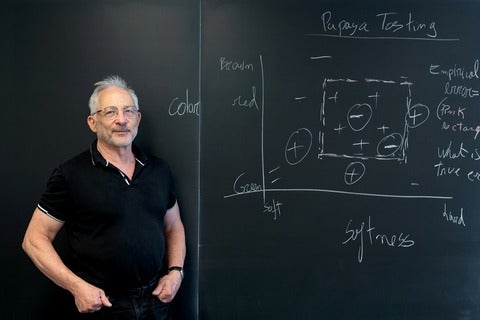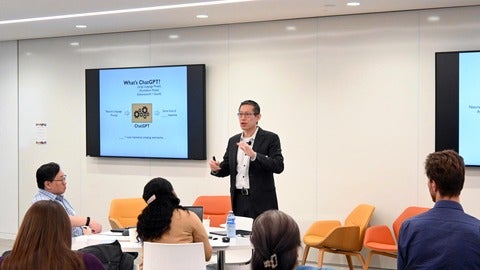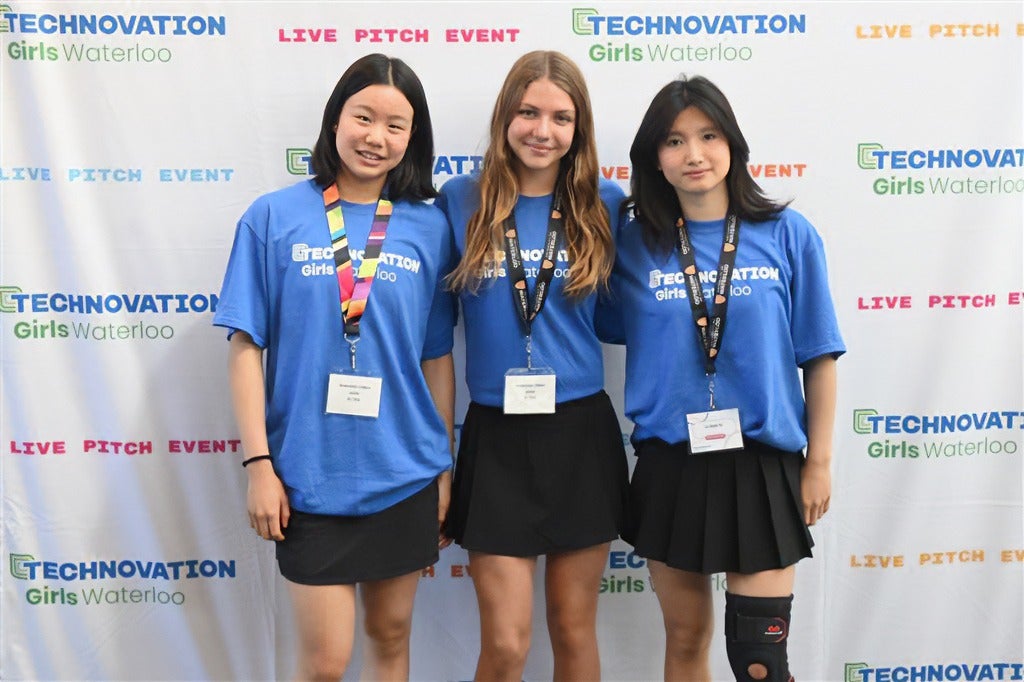Spurring growth at Faire
Waterloo co-op students are making strides in the business and technology sector with transformative innovations.
As more consumers choose to shop local, Waterloo students and alumni at Faire — an online wholesale platform connecting independent retailers with unique brands — are co-developing tools that strengthen local economies and empower small businesses to thrive.









